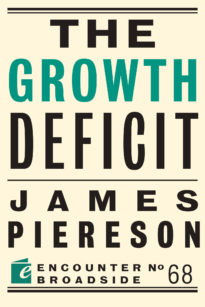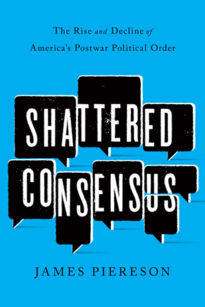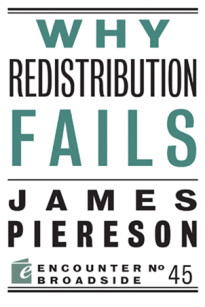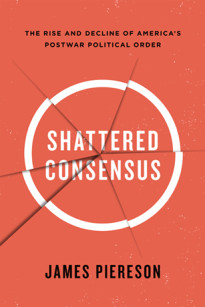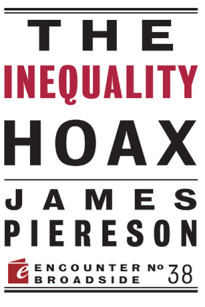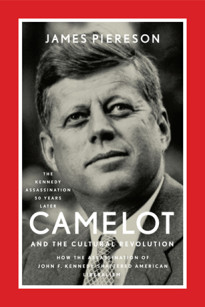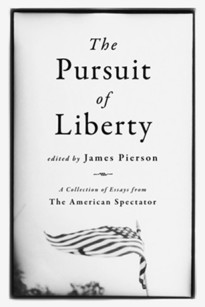Free shipping on all orders over $40
JAMES PIERESON is a senior fellow at the Manhattan Institute where he writes about politics, economics, higher education, and philanthropy. He is the author, most recently, of Shattered Consensus: The Rise and Decline of America’s Postwar Political Order (Encounter Books, 2015).
Titles by this Author
-
Read More
During the 1980s and 1990s, European economies went through a period of slowing economic growth and high unemployment, what some economists described as “secular decline.” On the other side of the Atlantic, the United States enjoyed a robust recovery during those years by reducing taxes, eliminating regulations on business, and tightening monetary policy. Now, after two decades of subpar growth, the question is whether or not the American economy has entered into its own era of secular decline.
- $9.00
- Add to Cart
-
Read More
The United States has been shaped by three sweeping political revolutions: Jefferson’s “revolution of 1800,” the Civil War, and the New Deal. Each of these upheavals concluded with lasting institutional and cultural adjustments that set the stage for a new phase of political and economic development.
- $17.99
- Add to Cart
-
Read More
In this Broadside, James Piereson explains the progressive case is based upon a serious fallacy: it assumes that the government is actually capable of redistributing income from the wealthy to the poor.
- $5.99
- Add to Cart
-
Read More
Are we on the verge of another upheaval, a “fourth revolution” that will reshape U.S. politics for decades to come? There are signs to suggest that we are.
- $27.99
- Add to Cart
-
Read More
The controversy over inequality has gathered steam with the publication of Thomas Piketty’s new book, Capital in the Twenty-First Century. James Piereson explains how Piketty’s book is flawed and advances a narrow understanding of the market system.
- $5.99
- Add to Cart
-
Read More
In Camelot and the Cultural Revolution, James Piereson examines this seminal event from an entirely new and provocative point of view. Most books on the assassination take up the question as to who was really responsible for killing the President. Mr. Piereson takes it as established fact that Kennedy was killed by Lee Harvey Oswald.
- $15.99
- Add to Cart
-
Read More
A collection of 10 essays that have appeared in The American Spectator over 2008. Authors include James Q. Wilson, Norman Podhoretz, Andrew Roberts, Victor Davis Hanson, James Kurth, Lawrence E. Harrison, Daniel Johnson, Fouad Ajami, Natan Sharansky, and Micahel Novak.
- $25.95
- Add to Cart

